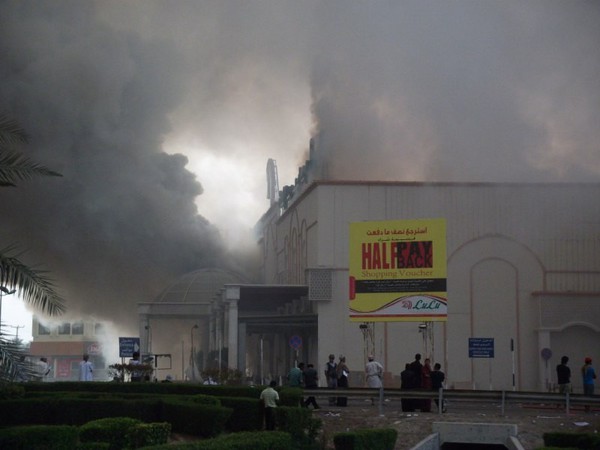 Stephen Starr writes for Foreign Policy magazine:
Stephen Starr writes for Foreign Policy magazine:
Syrian business leaders, with much to lose and deeply fearful of the regime's security apparatus, are unlikely to join the country's ongoing revolt anytime soon. Even the businessmen interviewed for this article blanched upon seeing their remarks about the dismal state of the Syrian economy in print, quickly requesting anonymity to express themselves freely. The government's rose-tinted pronouncements about the condition of Syrian finances aside, there is no doubt that the country's economy is in dire straits.
The official line is that Syria's economy is fine. In an August interview, Central Bank Governor Adib Mayaleh said that foreign reserves remain strong at about $18 billion -- the same figure he was quoting earlier in the summer. President Bashar al-Assad has been somewhat more honest, arguing in June that "the most dangerous thing we face in the next stage is the weakness or collapse of the Syrian economy".
But the facts on the ground are irrefutable. The International Monetary Fund projected in September that Syria's economy will shrink by about 2% this year. Tourism, worth about 12% of GDP, has ceased completely. Employees in the huge and overburdened state sector have been asked by the authorities to "donate" 500 Syrian pounds (about $10) from their monthly salaries to help boost state funds. Deposits in Syria's private banks declined as much as 18% in third quarter of this year, according to figures released by the Damascus Securities Exchange, despite high interest rates meant to shore up bank coffers.
Read full article....

 Monday, January 2, 2012 at 8:38
Monday, January 2, 2012 at 8:38






